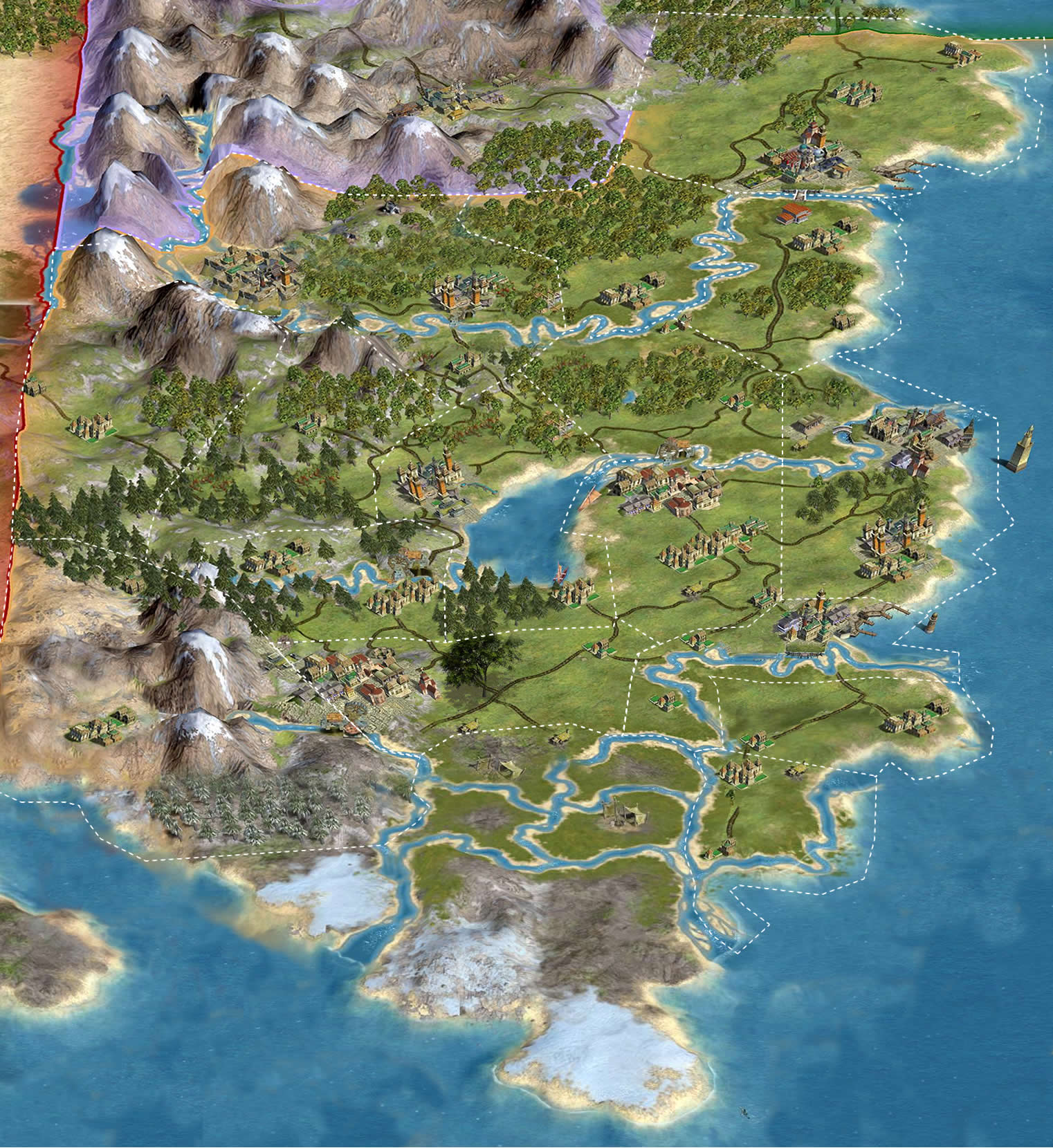Bards
Bards are the memory and voice of the Wealding clans. Until the Dratharcan invasion a couple hundred years ago, Wealding society was preliterate. They understood the idea of writing from contact with other nations, but the saoi were like Socrates - "If men learn this [writing], it will implant forgetfulness in their souls; they will cease to exercise memory because they rely on that which is written." They discouraged reading and writing except among those few that interacted with those outside the Weald.
Instead of using books and schools as we know them, knowledge was transmitted orally by songs (of which there were a large number), and the tribal Singer was one of the most consistent and respected institutions of the Weald. The Singer would be expected to know the teaching songs and teach the children, to know the communal work songs and lead the singing for the rowing or harvest or building, to entertain with stories and music during celebrations, and to advise the chieftain as needed about points of law and tradition, other cultures, or current events. (Inspired by the Harpers of Anne McAffrey's Pern)
Most bards live as Singers - a respected, quiet, mostly rural life of service and authority. Some who are exceptionally gifted take a positions as a court bard for a chieftain or clan lord, traditionally filling a role as a key advisor. Some bards in recent generations have adopted the outclan style of minstreling, where they earn their way through entertainment.
Skald
Some of bards become Skalds. Instead of tying themselves to the service of a particular settlement, they use their memories and charisma on behalf of the clan or the Weald as a whole. They are trained warriors, consummate travelers, and act as the official interface among clans or between the clans and the outside world. They act as couriers, diplomats and spies in other countries. They act as heralds, negotiators, and administrators within the Weald. And In large battles, they call the tempo, rally the troops, and communicate the tactics and commands in the field. Some become chiefs in their own right - warrior-poet-kings. Singers are common - every village has one. Skalds are fairly rare - maybe one in a thousand wealdings is a skald, if that. When the Dratharcans came and established the temple system in the Weald, missionaries of the Daughter of Spring were successful to an extent in planting schools in the continental style - with desks and books and quiet students and speaking teachers - in the cities and some towns. But they never made large inroads into the countryside. Since the return to Wealding autonomy, the system of Singers has been organized on the national level, with a certification program and oversight into the distribution to make sure each settlement has a Singer and that the singers are updated with news (and propaganda) as needed. The temples still maintain their schools, but they're run by Wealdings so they're integrating that system with the traditional Singers for the cities and towns. It's a work in progress.Career
Qualifications
All Wealding bards are trained and certified as Singers. As singers, the must pass a test verifying they have mastered the traditional teaching and work songs as well as the traditional history ballads of at least one clan. They also have to demonstrate an ability to both entertain and teach through music and to be able to interpret the application of the ballads onto questions of law and governance.
Perception
Social Status
A traditional Wealding bard is one of the most respected positions in every level of organization - from the village singers to the Chief Singer, who is part of the king's Privy Council.



Comments